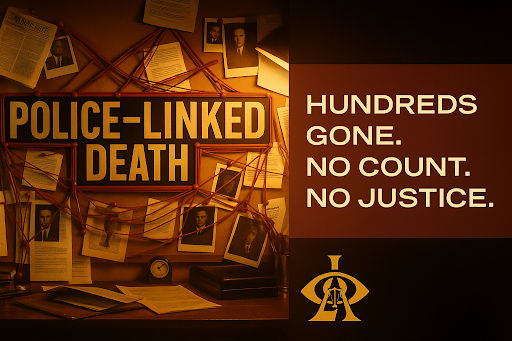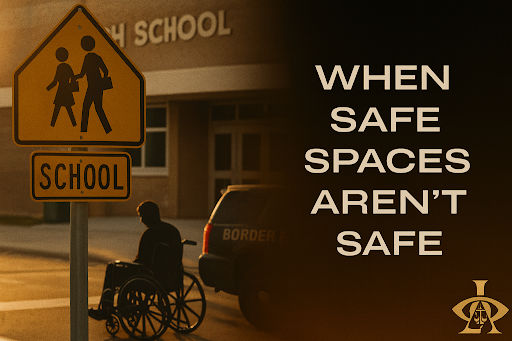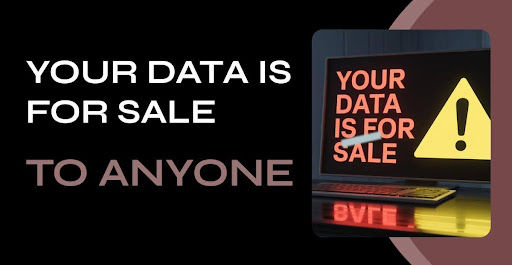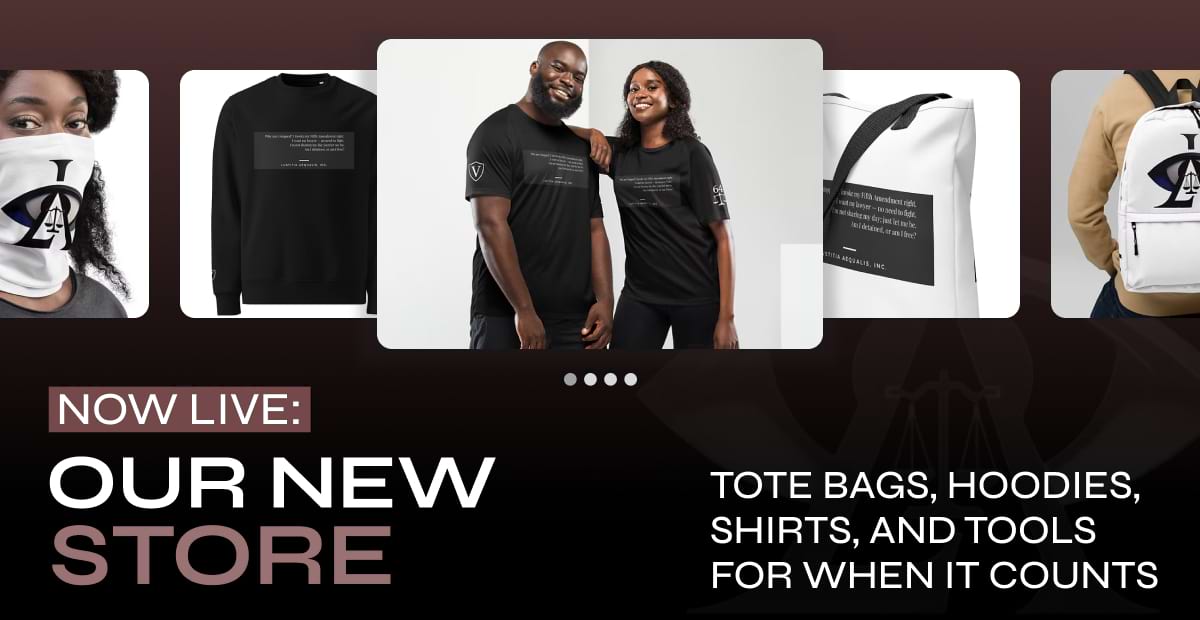💡 CEO’s Corner: Justice in the Light

Dear Partners in Progress,
Lustitia Aequalis has listened to your feedback. We’ve read your social media and newsletter comments- and we take your opinions to heart. We will always prioritize critical conversations and listen to your perspectives.
Too often, truth is buried where our communities cannot reach justice. Facts can be hidden in sealed files, broken databases, false reports, and laws that protect corporations instead of people. But hiding the record doesn’t end harm; it spreads. It seeps into our schools, neighborhoods, and institutions.
At Lustitia Aequalis, we uncover what power conceals. We collaborate with you to build relationships and tools that ensure evidence survives—and so does justice. This issue explores new laws, lost data, and the quiet revolutions redefining accountability.
In this issue, we expose:
A new Illinois law, sparked by the killing of Sonya Massey, requiring full disclosure of police misconduct records.
The federal government’s ongoing failure to count thousands of deaths in custody, erasing entire patterns of abuse.
The wrongful detainment of a disabled teenager in a Los Angeles school zone by Border Patrol.
How data brokers sell personal information, fueling stalking, harassment- even targeted killings.
This is why we built the Witness App, to put secure, time-stamped evidence directly in your hands. Our rights literacy campaigns are teaching communities precisely what to record, what to say, and what protections you already have. We are making sure the truth survives and can be used for your justice. You are always invited to let us know when you want to inform your community or work with your local officials to ensure everyone’s civil and human rights are protected- and that we can return to our homes and loved ones safely.
We’ve also just opened our online store, offering everyday gear designed with protection in mind. From tote bags to hoodies to water bottles, each item supports our mission to equip you to protect your rights everywhere you live, work, and travel. We call it the “Rights and Rhymes” line, and it features a four-line script to use during police encounters. These are real tools for real moments.
The powerful four-line rhyme serves as a memorized script to protect your rights during any police encounter. Each line is a verbal shield- asserting your Fifth Amendment right to remain silent, your right to an attorney, and your right to know whether you’re being detained or are free to go. It’s not just a rhyme; it’s a defensive tool to keep you safe, calm, and legally protected.
The rhyme is:
Why am I stopped? I invoke my Fifth Amendment right.
I want my lawyer- no need to fight.
I’m not sharing my day; just let me be.
Am I detained, or am I free?
Because justice in the light isn’t just our mission. It’s our plan. Our futures are shaped by how we plan for these critical moments- in the preventive measures we take. When you press record, we want your evidence to speak for itself in the courtroom, in meetings, and in every moment where life can take an unexpected turn. Together, we can make sure the truths that are ignored, becomes evidence that cannot be erased or hidden.
In solidarity,

Ashley Martin
CEO, Lustitia Aequalis
Table of Contents:

_(1).jpg)





